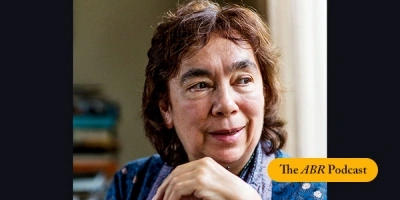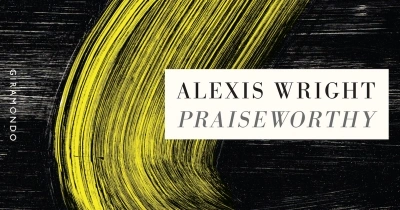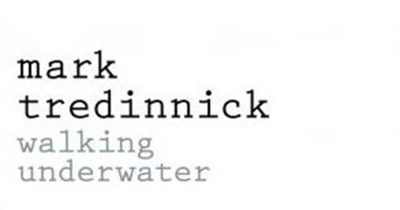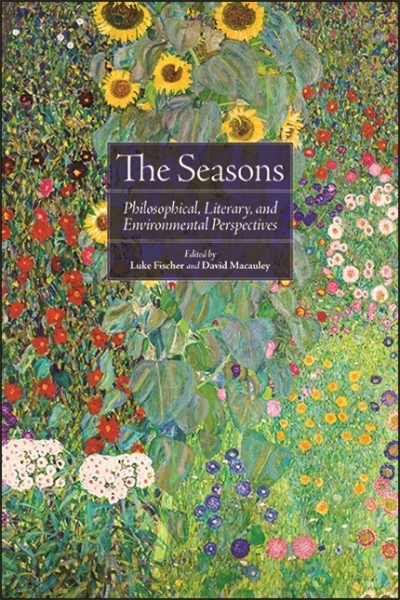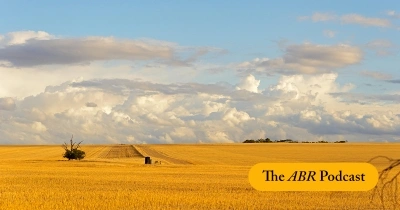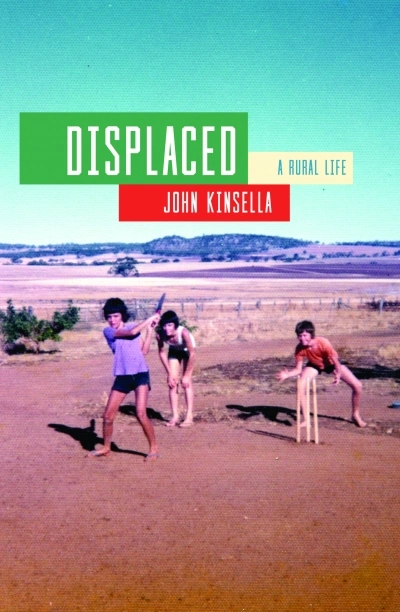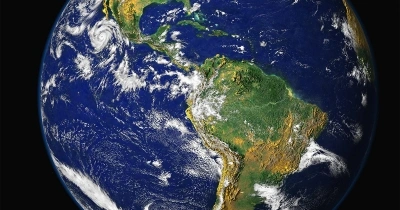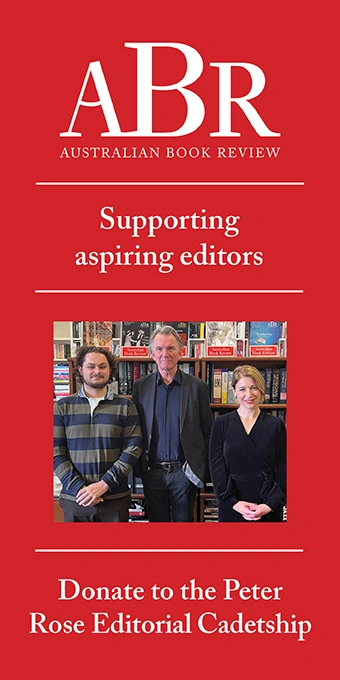Tony Hughes d'Aeth
Netflicks: Conceptual television in the streaming era by Tony Hughes-d'Aeth
In this week’s ABR Podcast, Tony Hughes-d’Aeth reviews Alexis Wright’s new novel, Praiseworthy. Expectations are high: after all, Wright is the only author to have won both the Miles Franklin Award and the Stella Prize.
... (read more)The Seasons: Philosophical, literary, and environmental perspectives edited by Luke Fischer and David Macauley
Is it possible to parse Australian writers by states and territories? In today's episode, Tony Hughes-d'Aeth – Chair of Australian Literature at the University of Western Australia – speculates about new ways of contemplating Australian writers through the lens of regionalism. As he writes in his upcoming essay 'Thinking in a regional accent: New ways of contemplating Australian writers': 'Yes, we are divided into states and territories, but are these anything other than lines on a map, drawn with a ruler and a set square, and the occasional river? The contrast between the political map of Australia and the now iconic AIATSIS map of Indigenous Australia graphically exposes the poverty of the Australian regional imagination and the essential irreality of our territorial demarcations. More particularly, for someone like me, is it right to conceive of Australia in terms of literary regions?'
... (read more)Who would have guessed that a rejuvenation of regional difference might be triggered by a plague? Cosmopolitan Melbourne became the epicentre of what Prime Minister Scott Morrison has called the ‘Victorian wave’. Borders, the leitmotif of Australian politics since Tampa, suddenly became internal. My own state of Western Australia was sued for breach of the Australian Constitution for maintaining its ‘hard’ internal borders. Wonted barbs flowing between states now felt just a little personal. Interstate rivalry in Australia is not uncommon, with familiar stoushes over GST share, the Murray– Darling Basin, the location of naval shipbuilding, and the hosting of sporting events. But the idea that Australia has internal borders, not just to check fruit but to stop the movement of people, Australian people, is something that has only emerged with Covid-19.
... (read more)‘We’ll be going this earth’: an environmental survey
To complement the reviews and commentaries in our Environment issue, we invited a number of writers and scholars to nominate a book that will give readers a better appreciation of the environment.
... (read more)To celebrate the best books of 2017 Australian Book Review invited nearly forty contributors to nominate their favourite titles. Contributors include Michelle de Kretser, Susan Wyndham, James Ley, Geordie Williamson, Jane Sullivan, Tom Griffiths, Mark Edele, and Brenda Niall.
... (read more)


